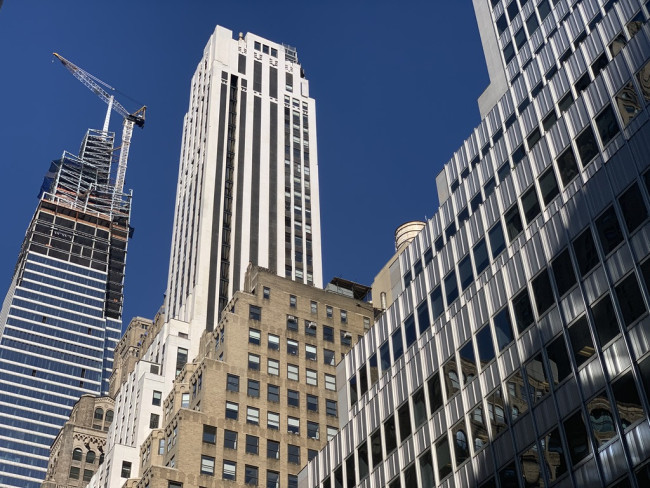How do I find out about plans for new development on my block?
A vacant, crumbling building on my quiet block just sold. It's a large, corner lot with a two-story building. We expect the existing building will be knocked down. My neighbors and I are worried that the buyer will put up something massive, with lots of units. How do we find out what the plans are?
There are several ways to investigate development plans for your block, our experts say.
Plans for building construction projects in New York City are public record, says Andrew Rudansky, press secretary for the Department of Buildings. You can look up application information online with the DOB's two online portals, Buildings Information System (BIS) for projects filed before March 1, 2021, and DOB NOW for projects filed after that date. [Editor's note: A new, more user-friendly site from the city called Building on My Block is also an option now.]
Once projects have been approved, the public can learn more about them by visiting the records rooms of the DOB's five Borough Offices, Rudansky says. You can view the records for free by bringing a photo ID and the job number of the project you're interested in.
To get a sense of what might kinds of projects might be possible, before anything is in the works, look into your neighborhood's zoning, which you can do through the NYC Planning page. You can also reach out directly, by phone or email, with zoning-related questions. City zoning regulations dictate how land in any given area is to be used—including the shape and height of developments—so understanding the zoning for your particular block will help you determine whether it's possible that a new tower might go up in the future.
Another factor to investigate is the floor area ratio (FAR) of the building in question on your block. FAR determines how much floor area a building can have relative to the size of its lot, so this can also give you an idea of the size of any potential new developments.
You may want to find out when your local community board meets and attend a session, as this is a great opportunity to find out what's coming to your neighborhood—and to have a say in it.
"You can go to the local community board and ask if any plans are in the offing," says Deanna Kory, a broker with Corcoran. "Additionally, there are non-profits in many neighborhoods that are landmarks organizations, and are very helpful in understanding zoning and what might be possible."
Kory cites the Greenwich Village Society for Historic Preservation and the Carnegie Hill Neighborhood Association as examples of local organizations that advocate for neighborhood preservation and may be allies in pushing back against plans for massive new developments. If your area has a similar group, it may be worthwhile to reach out to them with your concerns.
Trouble at home? Get your NYC apartment-dweller questions answered by an expert. Send your questions to [email protected].
For more Ask an Expert questions and answers, click here.
You Might Also Like




























